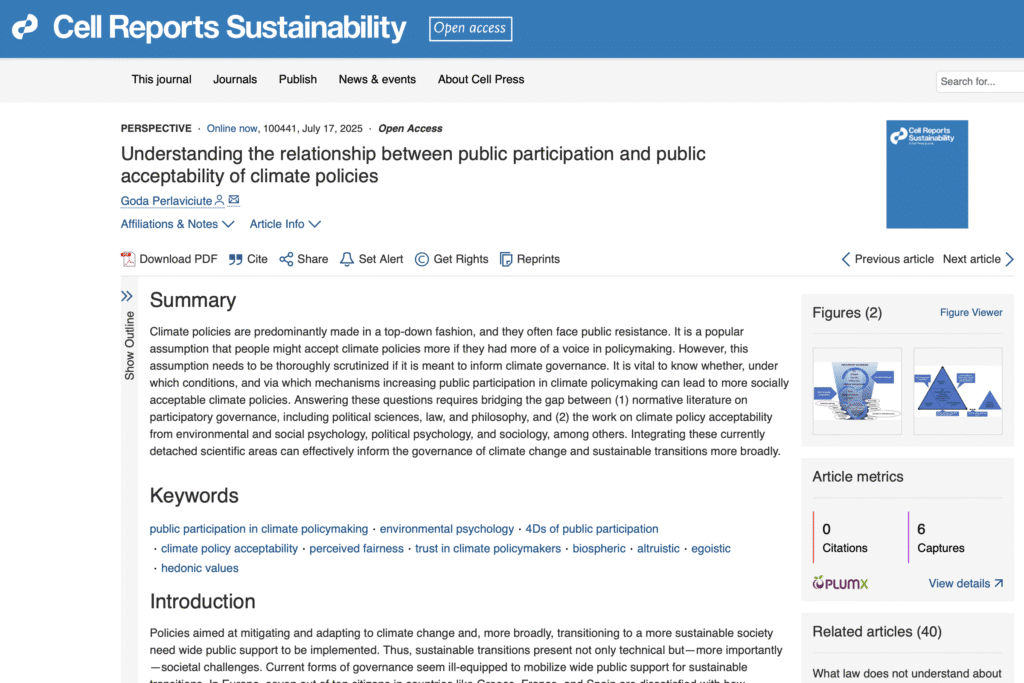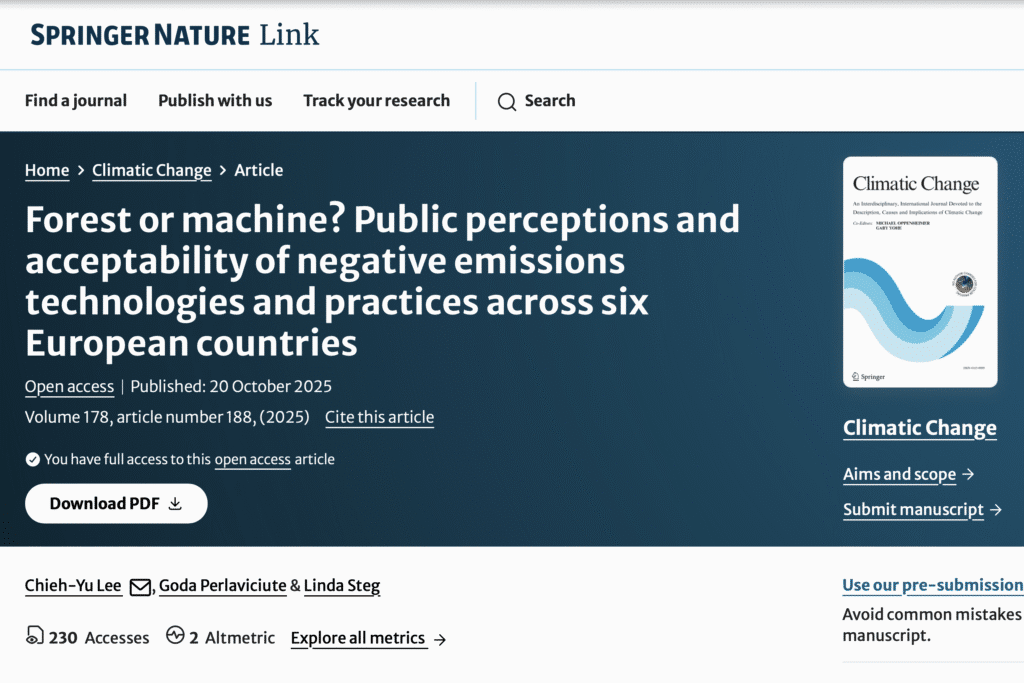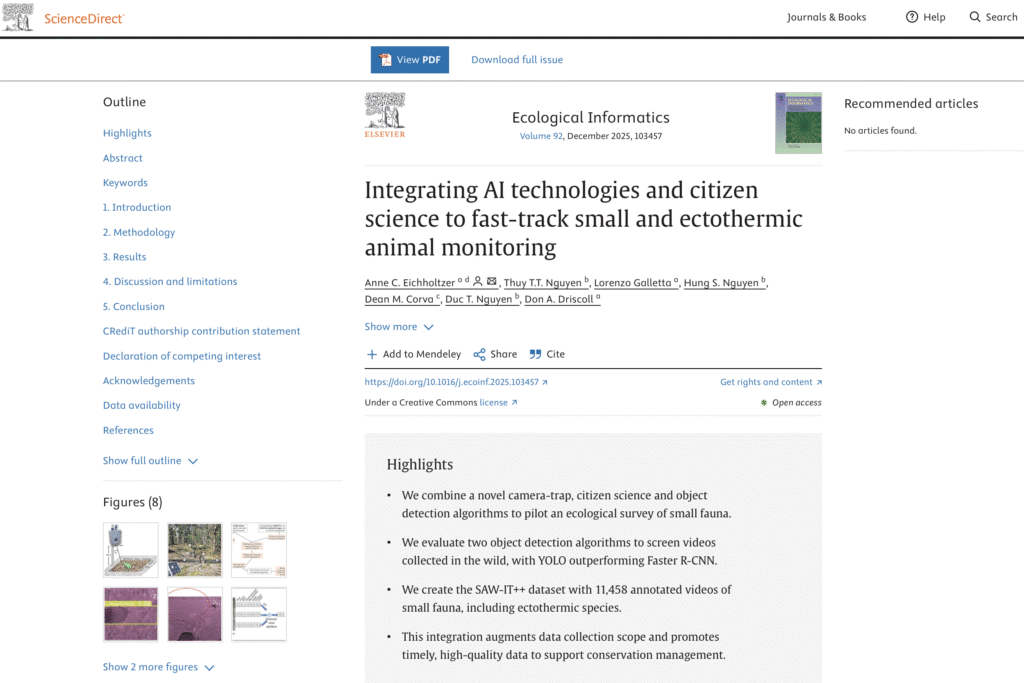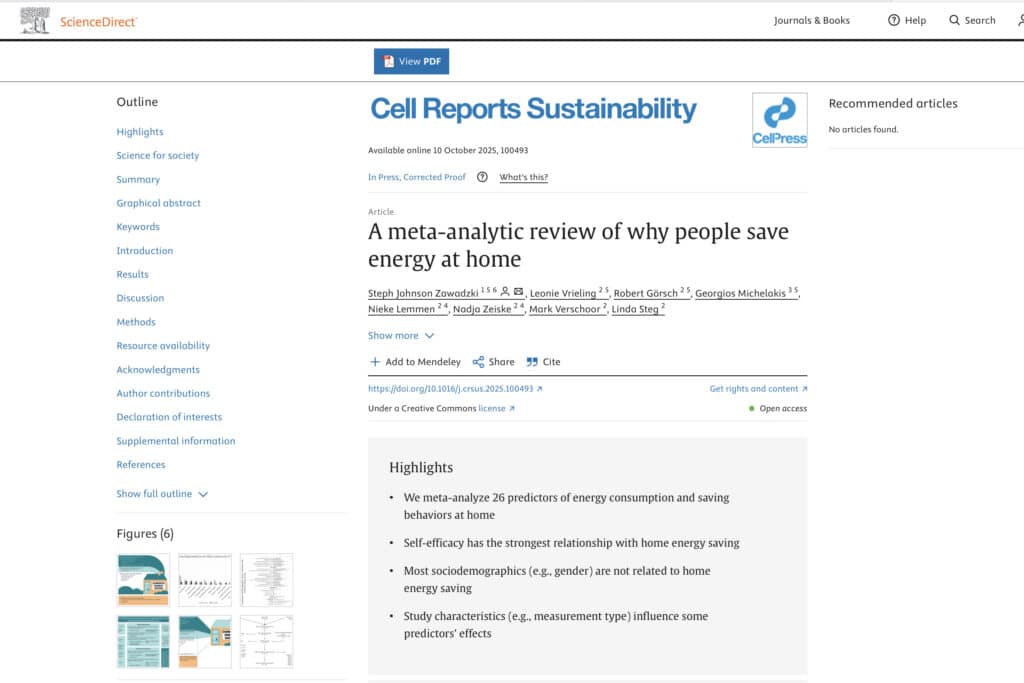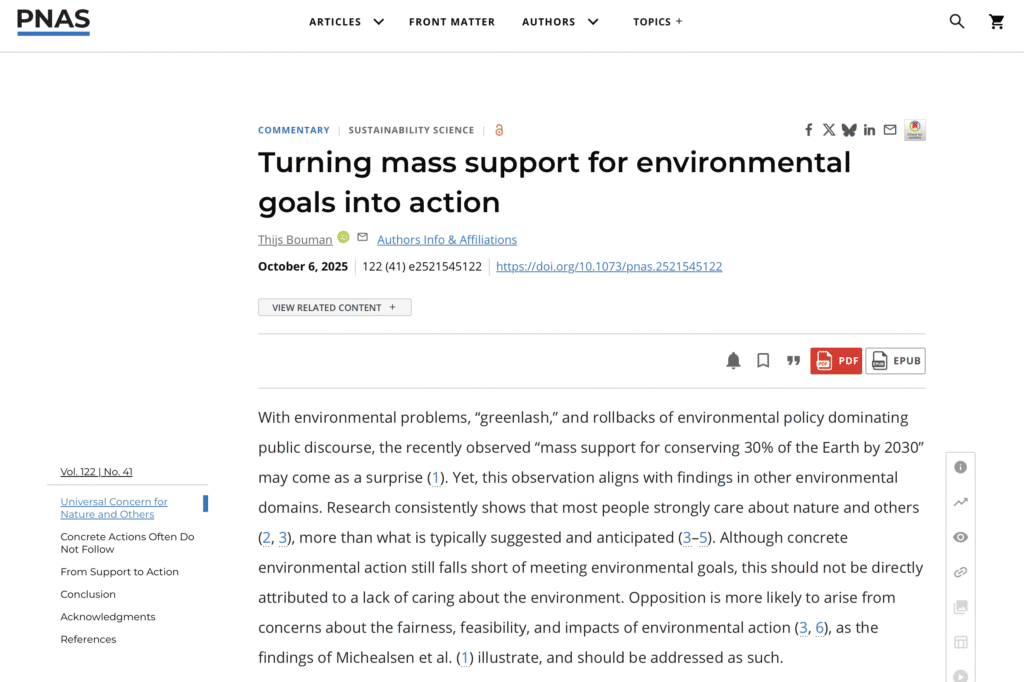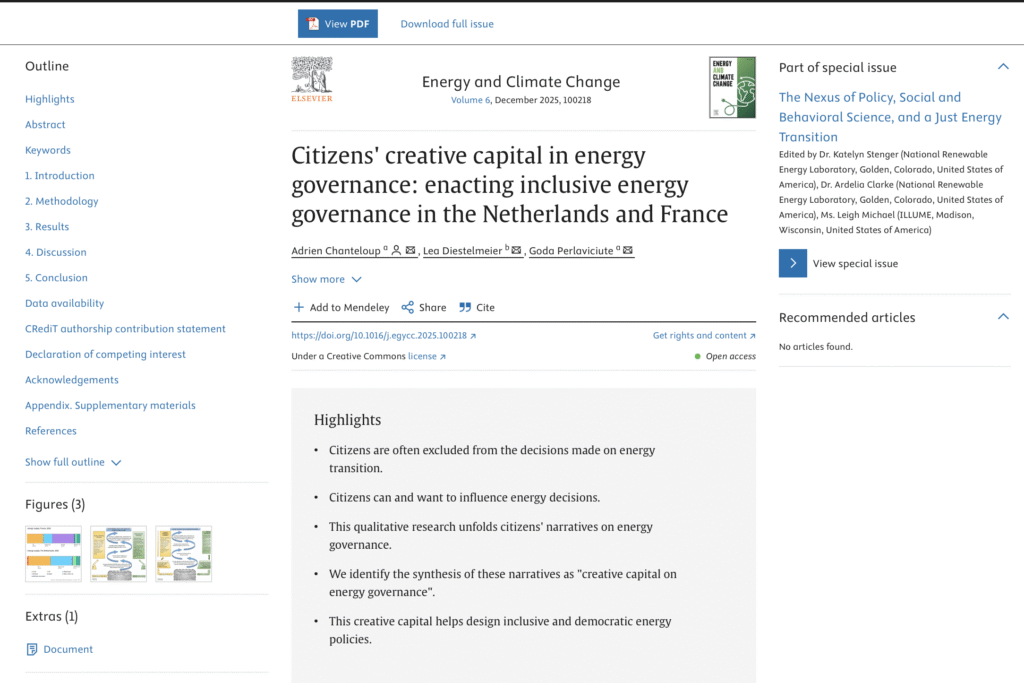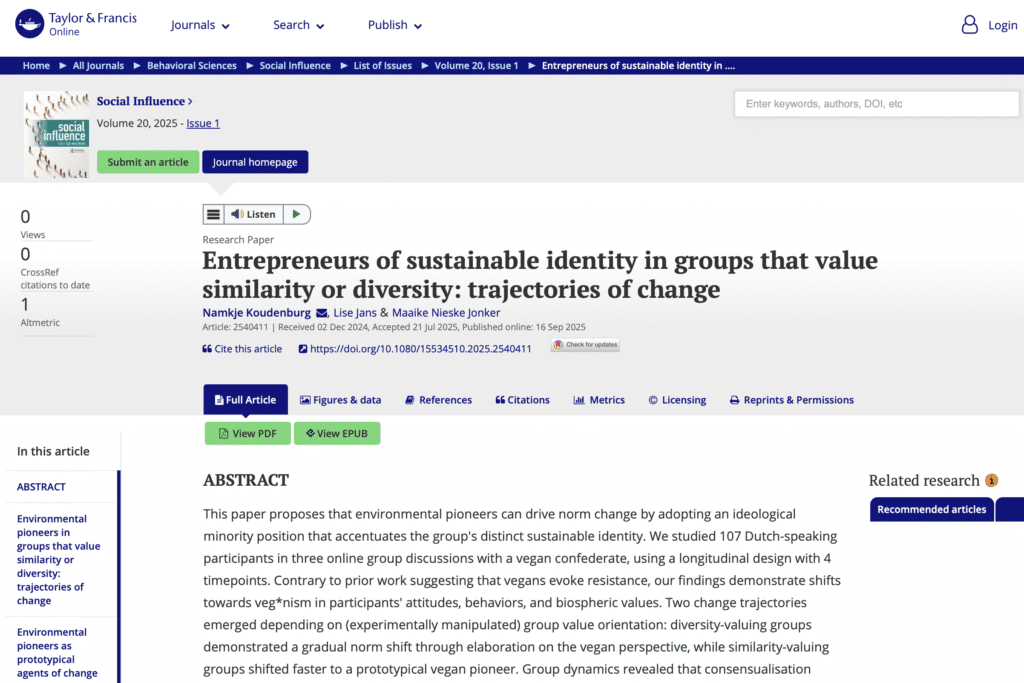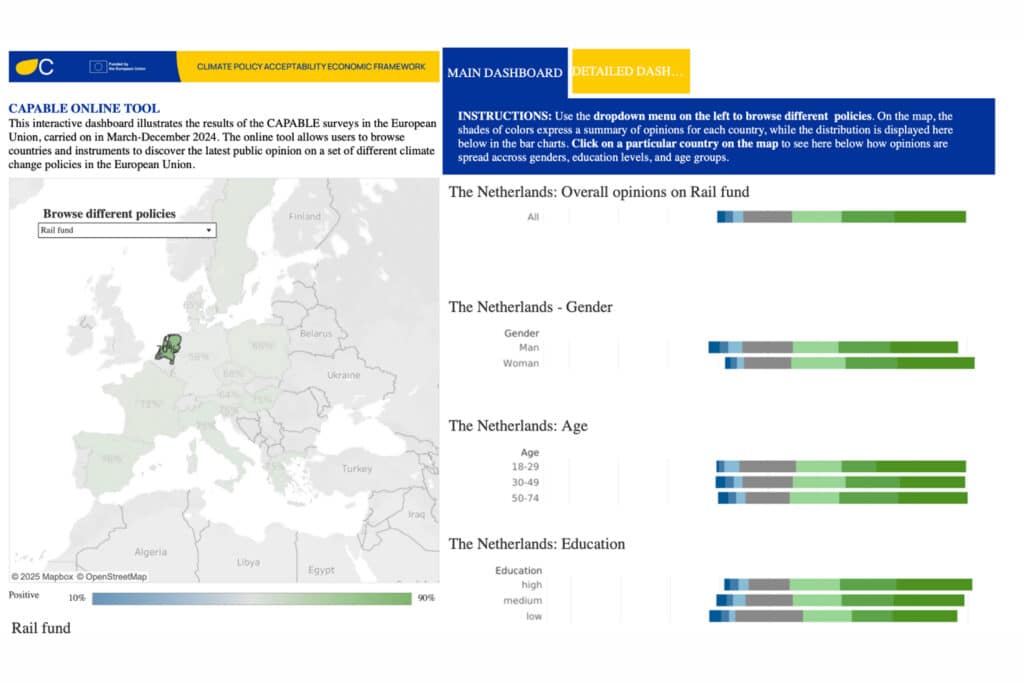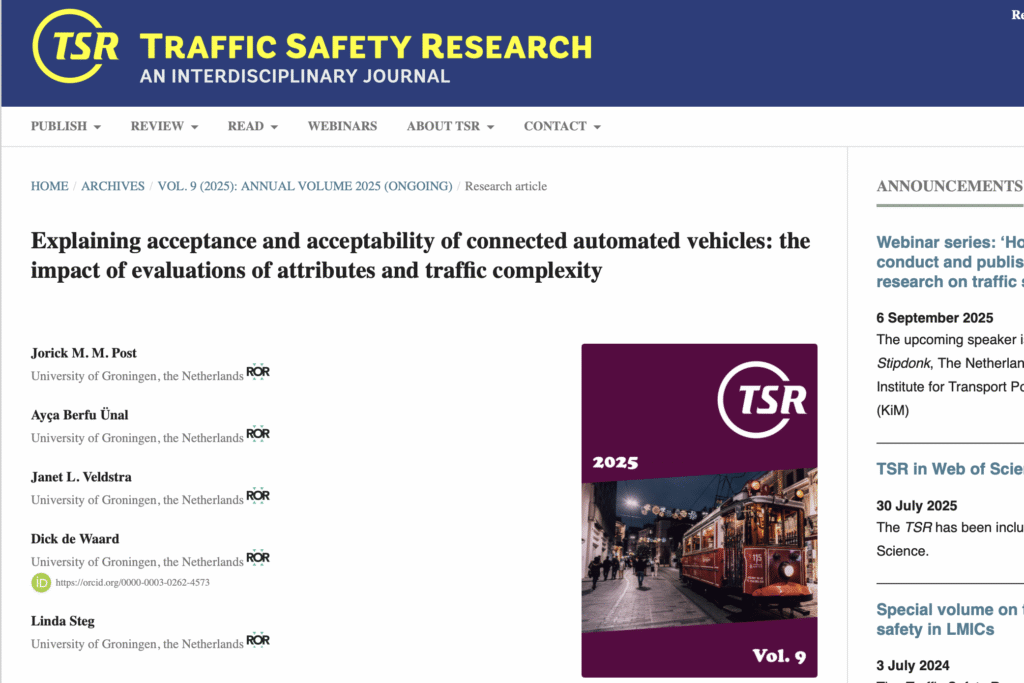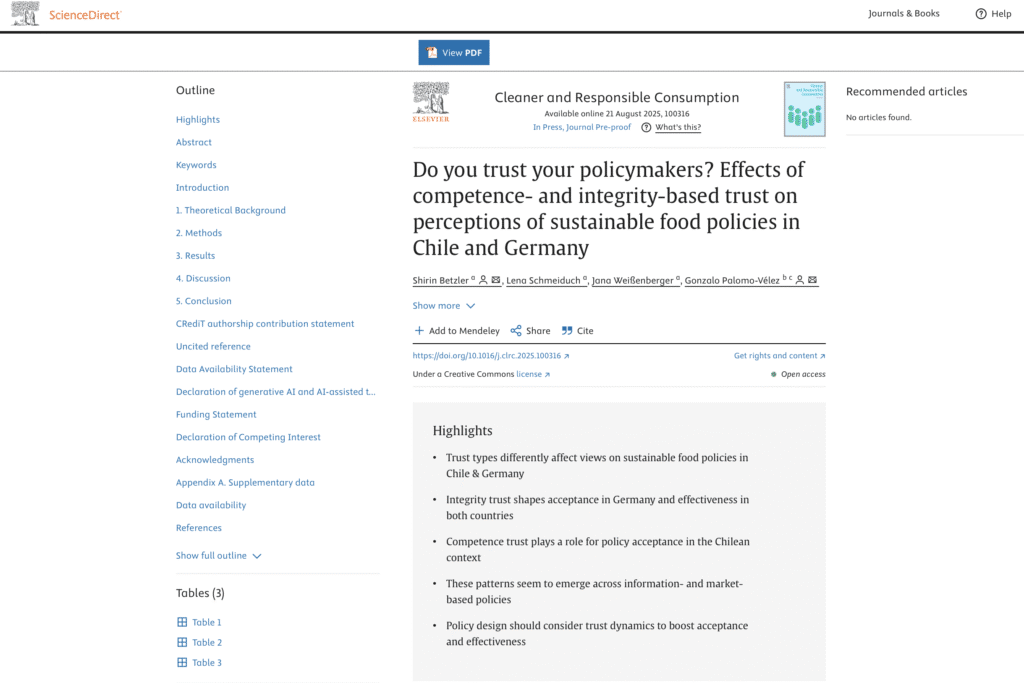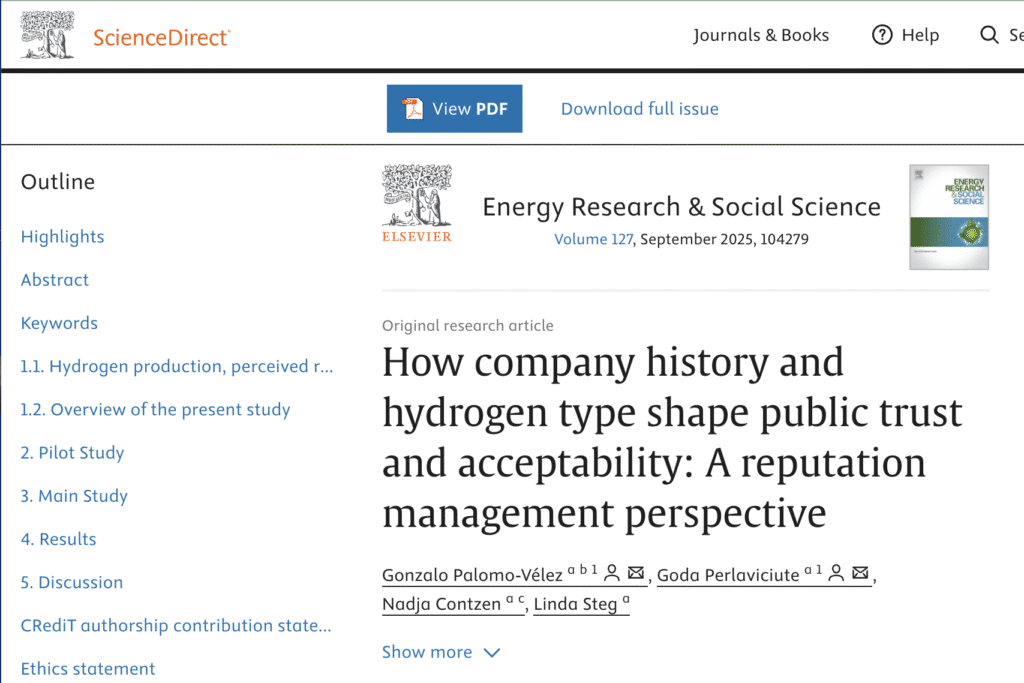Summary
Climate policies are predominantly made in a top-down fashion, and they often face public resistance. It is a popular assumption that people might accept climate policies more if they had more of a voice in policymaking. However, this assumption needs to be thoroughly scrutinized if it is meant to inform climate governance. It is vital to know whether, under which conditions, and via which mechanisms increasing public participation in climate policymaking can lead to more socially acceptable climate policies. Answering these questions requires bridging the gap between (1) normative literature on participatory governance, including political sciences, law, and philosophy, and (2) the work on climate policy acceptability from environmental and social psychology, political psychology, and sociology, among others. Integrating these currently detached scientific areas can effectively inform the governance of climate change and sustainable transitions more broadly.
Understanding the relationship between public participation and public acceptability of climate policies
Goda Perlaviciute
17 July 2025
Cell Reports Sustainability
Goda Perlaviciute
